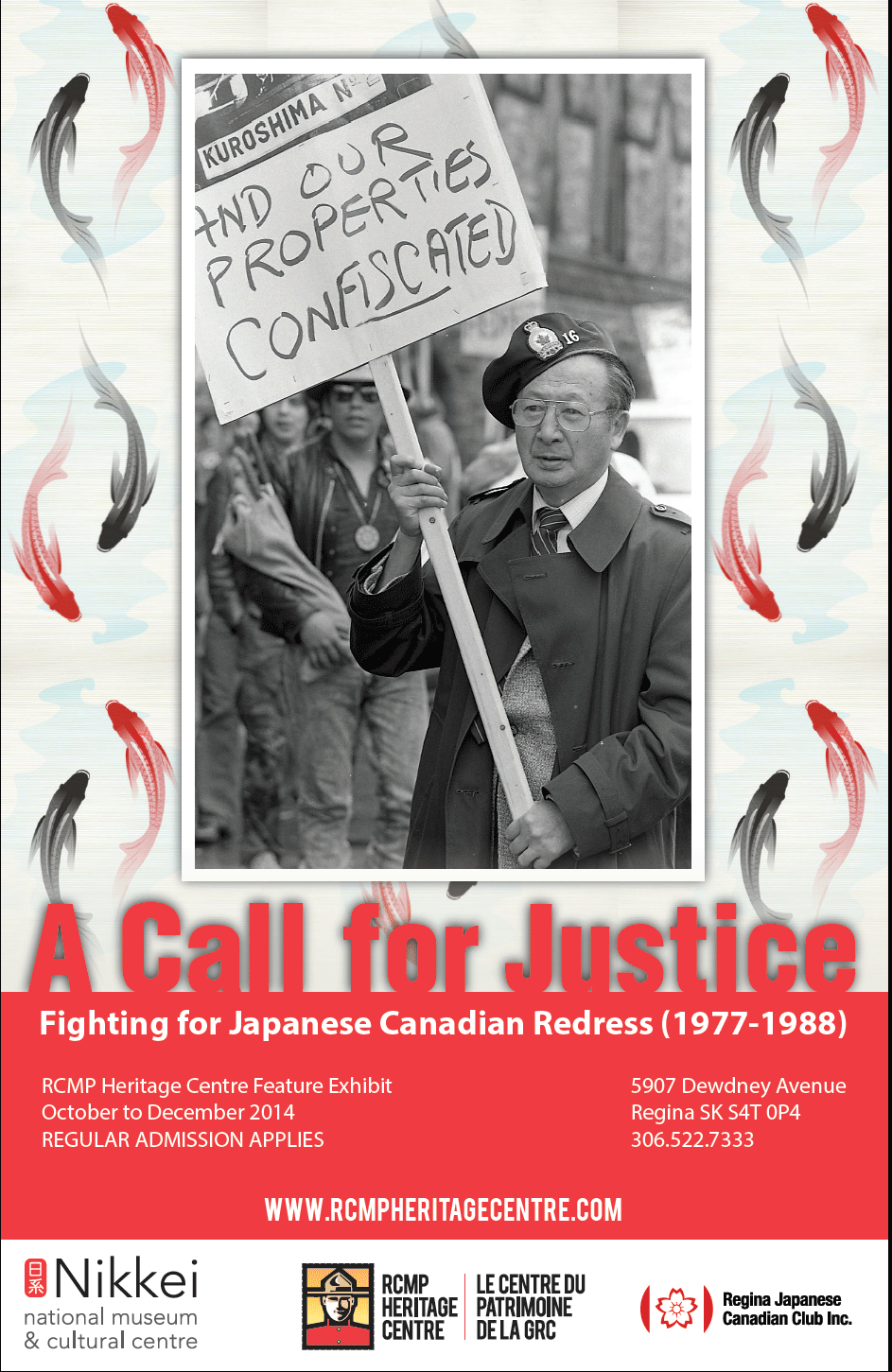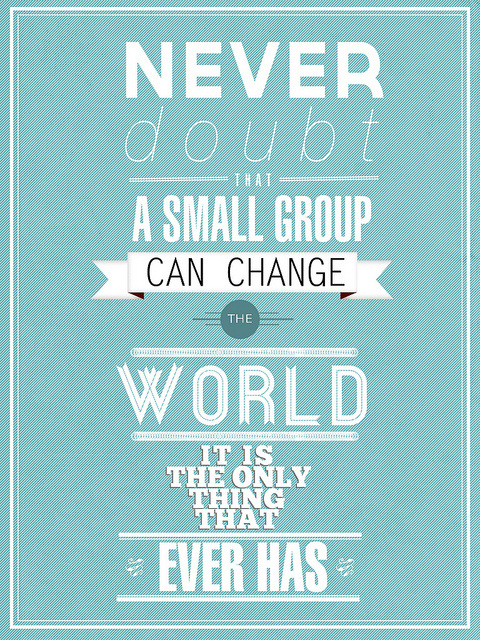The Regina
Japanese Canadian Club is tremendously humbled by the outpouring of support from
Japanese Canadian Communities and individuals across Canada.
As a small organization, we weren’t sure if we could make this happen –
but we have quickly learned that we are not as small as we thought we were - we
are part of a much larger supportive community all across this great nation.
Our heartfelt thanks for the encouragement and financial support go out
to each and every one of you. You
saw the historical and cultural value of this exhibit, and because of you, this
campaign has attracted national attention.
We are truly overwhelmed with the response to this campaign and realize that the outpouring of support and attention that this campaign has garnered may make it more difficult for other Japanese Canadian organizations to do the same.
We would like to invite you to continue to contribute to this project by donating to the Nikkei Museum and Cultural Centre to help smaller organizations like us bring this important exhibit to their communities:
A Call for Justice Exhibit Project
Nikkei Centre
6688 Southoaks Crescent,
Burnaby, BC
V5E 4M7
A Call for Justice:
The Regina Japanese Canadian Club Inc. has been working to bring the “A Call for Justice: Fighting for Japanese Canadian Redress (1977-1988)” exhibit to Saskatchewan. The exhibit examines the hard work and perseverance of a dedicated group of community members who, for over 10 years, strategized, argued and debated with the government, while fighting criticism from the press and their own community. This powerful story is told using historic photographs, artifacts, poetry, personal statements, art and video.
The exhibit was developed by the Nikkei National Museum & Cultural Centre in British Columbia; and Regina, Saskatchewan will be the first community to host it as it travels across Canada. The Regina Japanese Canadian Club is extremely proud to share this exhibit with the larger community, but we are a very small organization and are actively searching for additional funding to help cover some of the administrative, transport, and promotional costs associated with hosting the exhibit.
While the exhibit focuses on the Redress experience, by extension, it also provides an opportunity to review the historical wrongs committed by the Government of Canada during the Second World War. After Japan’s attack on Pearl Harbor in 1942, the Canadian government declared all people of Japanese descent, including Canadian citizens, a security threat. Even though senior members of the Canadian military and the RCMP opposed the decision and argued against mass-internment, the government issued an order under the War Measures Act to have all Japanese residents living within 100 miles of the Pacific coast removed.
Following the order, the men were separated from their families and sent to work in road gangs and labour camps. Women, children, and the elderly were relocated to internment quarters in shantytowns in the BC interior. To stay together, some families agreed to back-breaking labour working on sugar beet farms in Alberta and Manitoba. Those who resisted the government’s orders or held influence in the community were incarcerated in prisoner of war camps in the Ontario wilderness.
Japanese Canadians also faced other injustices during this time – their property and belongings were sold without consent at fire-sale prices and the proceeds were used to pay for their internment. Following the war, all Japanese Canadians from the province of British Columbia were given the choice to move east of the Rockies or be exiled to Japan (a war-torn, and for most, a foreign country) - a restriction that was enforced until April 1, 1949.
There are members of our community who personally, or whose family members did go through this experience. We do acknowledge that these acts did not affect all Japanese Canadians in the same way. Japanese Canadians living outside of British Columbia were not removed from their homes and didn’t have their property confiscated, but they were not immune to the ritual racism of the time. Nor can we say that Saskatchewan is exempt from the internment experience. At the end of the war, 128 Nisei and Issei (2nd and 1st generation) internees from the Angler and Petawawa prisoner of war camps (who had refused to follow the orders of the Canadian government for evacuation, relocation, and repatriation) were shipped to the Moose Jaw, Saskatchewan “Hostel” at the former RCAF depot, 4 miles south of the city where they remained until the camp closed. Despite their ill-treatment during the war, many Japanese Canadians chose to remain in Canada and some chose to settle here in Saskatchewan.
The negotiation of the redress settlement was made possible through the efforts of ordinary citizens who believed that justice would prevail. Today, other ethno-cultural organizations continue to look to the efforts of the Japanese community as a role model for civil liberties and human rights in Canada.
By bringing this exhibit to Regina, it is our chance to honor the determination of Japanese Canadians who, despite great stress and hardship, retained their commitment and loyalty to Canada and continued to contribute to the development of the Canadian nation. It is our hope that this story will remain for future generations of Canadians, a prime example of one community’s struggle to overcome the devastating effects of racism, to affirm the rights of all individuals in a democracy, and to actually strengthen the democratic system.
According to Japanese legend, a wish is granted to anyone who folds one thousand paper cranes. The act is truly a labour of patience and love that has become synonymous with healing, hope, and peace. We have placed an empty display case within the exhibit and would like to invite all visitors to help us fill it with 1000 origami cranes and join us in wishing for a more tolerant and peaceful world.
We are truly overwhelmed with the response to this campaign and realize that the outpouring of support and attention that this campaign has garnered may make it more difficult for other Japanese Canadian organizations to do the same.
We would like to invite you to continue to contribute to this project by donating to the Nikkei Museum and Cultural Centre to help smaller organizations like us bring this important exhibit to their communities:
A Call for Justice Exhibit Project
Nikkei Centre
6688 Southoaks Crescent,
Burnaby, BC
V5E 4M7
A Call for Justice:
Fighting for Japanese Canadian Redress
The Regina Japanese Canadian Club Inc. has been working to bring the “A Call for Justice: Fighting for Japanese Canadian Redress (1977-1988)” exhibit to Saskatchewan. The exhibit examines the hard work and perseverance of a dedicated group of community members who, for over 10 years, strategized, argued and debated with the government, while fighting criticism from the press and their own community. This powerful story is told using historic photographs, artifacts, poetry, personal statements, art and video.
The exhibit was developed by the Nikkei National Museum & Cultural Centre in British Columbia; and Regina, Saskatchewan will be the first community to host it as it travels across Canada. The Regina Japanese Canadian Club is extremely proud to share this exhibit with the larger community, but we are a very small organization and are actively searching for additional funding to help cover some of the administrative, transport, and promotional costs associated with hosting the exhibit.
While the exhibit focuses on the Redress experience, by extension, it also provides an opportunity to review the historical wrongs committed by the Government of Canada during the Second World War. After Japan’s attack on Pearl Harbor in 1942, the Canadian government declared all people of Japanese descent, including Canadian citizens, a security threat. Even though senior members of the Canadian military and the RCMP opposed the decision and argued against mass-internment, the government issued an order under the War Measures Act to have all Japanese residents living within 100 miles of the Pacific coast removed.
Following the order, the men were separated from their families and sent to work in road gangs and labour camps. Women, children, and the elderly were relocated to internment quarters in shantytowns in the BC interior. To stay together, some families agreed to back-breaking labour working on sugar beet farms in Alberta and Manitoba. Those who resisted the government’s orders or held influence in the community were incarcerated in prisoner of war camps in the Ontario wilderness.
Japanese Canadians also faced other injustices during this time – their property and belongings were sold without consent at fire-sale prices and the proceeds were used to pay for their internment. Following the war, all Japanese Canadians from the province of British Columbia were given the choice to move east of the Rockies or be exiled to Japan (a war-torn, and for most, a foreign country) - a restriction that was enforced until April 1, 1949.
There are members of our community who personally, or whose family members did go through this experience. We do acknowledge that these acts did not affect all Japanese Canadians in the same way. Japanese Canadians living outside of British Columbia were not removed from their homes and didn’t have their property confiscated, but they were not immune to the ritual racism of the time. Nor can we say that Saskatchewan is exempt from the internment experience. At the end of the war, 128 Nisei and Issei (2nd and 1st generation) internees from the Angler and Petawawa prisoner of war camps (who had refused to follow the orders of the Canadian government for evacuation, relocation, and repatriation) were shipped to the Moose Jaw, Saskatchewan “Hostel” at the former RCAF depot, 4 miles south of the city where they remained until the camp closed. Despite their ill-treatment during the war, many Japanese Canadians chose to remain in Canada and some chose to settle here in Saskatchewan.
The negotiation of the redress settlement was made possible through the efforts of ordinary citizens who believed that justice would prevail. Today, other ethno-cultural organizations continue to look to the efforts of the Japanese community as a role model for civil liberties and human rights in Canada.
By bringing this exhibit to Regina, it is our chance to honor the determination of Japanese Canadians who, despite great stress and hardship, retained their commitment and loyalty to Canada and continued to contribute to the development of the Canadian nation. It is our hope that this story will remain for future generations of Canadians, a prime example of one community’s struggle to overcome the devastating effects of racism, to affirm the rights of all individuals in a democracy, and to actually strengthen the democratic system.
According to Japanese legend, a wish is granted to anyone who folds one thousand paper cranes. The act is truly a labour of patience and love that has become synonymous with healing, hope, and peace. We have placed an empty display case within the exhibit and would like to invite all visitors to help us fill it with 1000 origami cranes and join us in wishing for a more tolerant and peaceful world.



